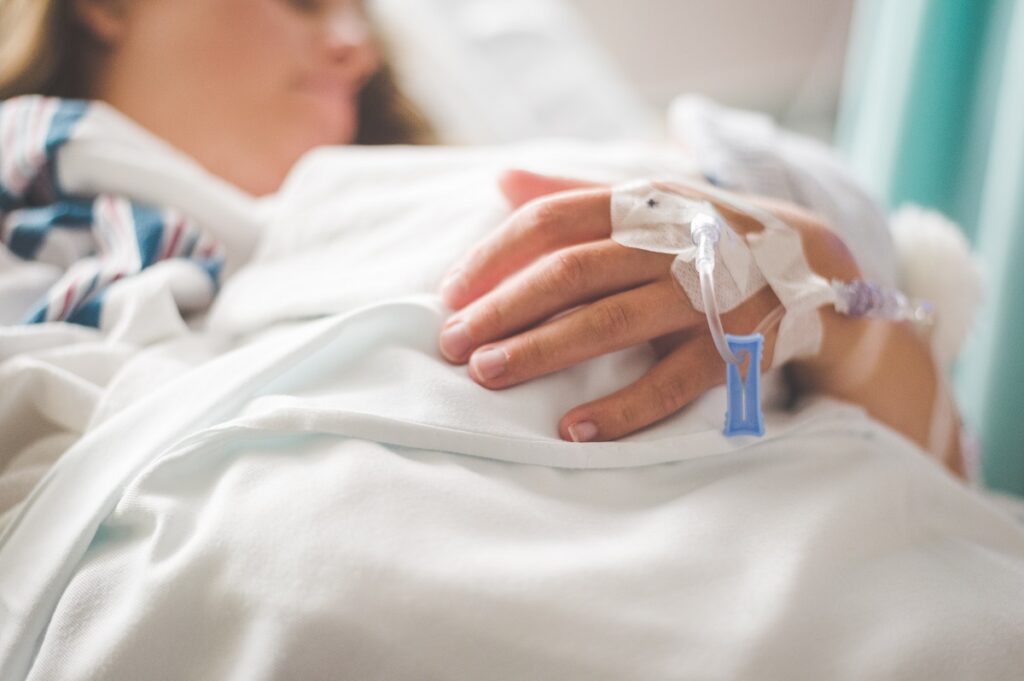Sepsis is a potentially fatal syndrome that occurs when the body’s reaction to infection causes damage to its own tissues and organs. And sepsis is a worldwide health hazard. According to the World Health Organization (WHO), in many cases, sepsis is the ultimate common road to mortality for numerous infectious illnesses.
People can survive sepsis, but their struggles – as well as the need for progress against the condition – are noted during Sepsis Survivor Week, from Feb. 13-19, 2022. Surviving sepsis is noteworthy because it is difficult and because recovery can pose continued challenges.
“Sepsis is a life-threatening organ dysfunction caused by a dysregulated host response to infection. If not recognized early and managed promptly, it can lead to septic shock, multiple organ failure and death,” according to the WHO.
Sepsis affects almost 50 million people and is responsible for around 11 million fatalities – roughly 20% of all yearly global deaths, says a WHO report.
Sepsis is also the leading cause of mortality in U.S. hospitals, as well as the leading source of hospitalization costs, with the total yearly cost for in-patient hospital and skilled nursing care topping $62 billion.
An increasing vulnerability to sepsis
With COVID-19 producing compromised immune systems, health professionals worldwide report increasing vulnerability to sepsis.
Antimicrobial resistance (AMR) complicates the problem of the management of sepsis.
“The growing threat of AMR is a major challenge in the treatment of sepsis. As more pathogens become resistant to available antibiotics, more people are at risk for developing sepsis, and there are fewer opportunities for successful treatment. Without curbing AMR and ensuring that clinicians can recognize the signs of sepsis and institute treatment best practices quickly, the global sepsis burden will grow,” says Dr. Konrad Reinhart of the Global Sepsis Alliance.
Sepsis Survivor Week
As many as 60% of sepsis survivors have not only physical but also mental and emotional problems, according to Sepsis Alliance, a member of the Global Sepsis Alliance.
During Sepsis Survivor Week, Sepsis Alliance collaborates with sepsis survivors to allow them to share their personal experiences of survival and to raise awareness of the less visible mental, emotional, and physical obstacles that many survivors endure on a daily basis.
According to the Sepsis Alliance, the risk of sepsis may be reduced by avoiding, detecting, and treating infections as soon as possible. This includes remaining up-to-date on vaccines and getting treatment if an illness is detected.
Sepsis is a medical emergency that needs immediate attention and treatment in order to survive. Sepsis may be treated and, in many cases, lives can be saved by following existing and well-proven methods.
How biotech is addressing sepsis
The Biotechnology Innovation Organization’s Good Day BIO newsletter reports that several BIO members are working to combat the danger of sepsis:
- According to BioCentury, Adrenomed is creating a first-in-class monoclonal antibody that has completed a successful phase 2 study and “may be the first precision treatment for sepsis.”
- Apathem is working on “an emergency medication designed to avoid the incidence of life-threatening organ and tissue damage in sepsis patients.”
- AM-Pharma is now conducting a phase 3 study for “the first therapy exclusively designed for sepsis-associated acute kidney injury.”




